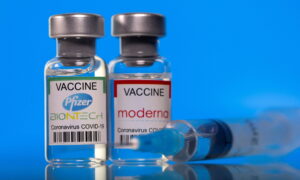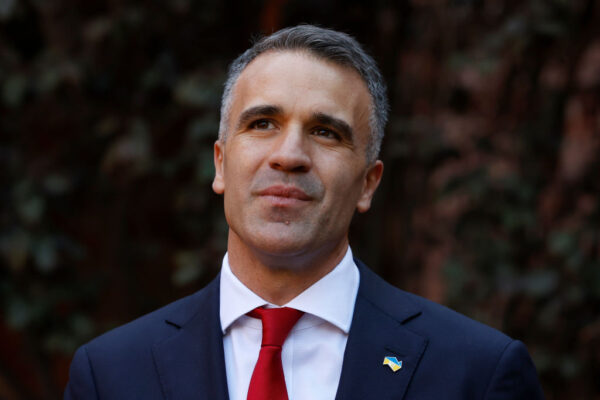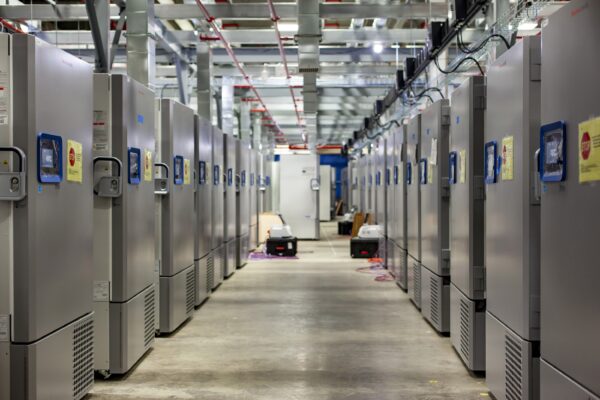South Australia to Become Home to First MRNA Factory Outside US
South Australia has announced a partnership with the international biotech enterprise, BioCina, to become home to the first mRNA development and production facility in Australia and make homegrown mRNA vaccines a reality. Last year, U.S. biotech giant Moderna and the Australian government agreed to build the first mRNA vaccine manufacturing facility outside North America. Construction began on the Monash University campus in Victoria in Dec. 2022 and is expected to become operational in 2024. While Victoria may be the most financially committed, South Australia—which already has a fully-operational laboratory for developing mRNA vaccines—may give Victoria a run for its money. The Adelaide facility is owned by BioCina—rated third in the world for expertise in manufacturing vaccines and mRNA products—who took over it from Pfizer in 2020. BioCina has already established capabilities to produce plasmids which are critical components of mRNA vaccines, and a small-scale end-to-end mRNA process development laboratory. With a joint grant from the Australian and South Australian Labor governments of $10 million (US$6.7 million), the manufacturer will be able to scale up its capacity to produce mRNA pharmaceuticals significantly. South Australian Premier Peter Malinauskas welcomed the grant and said his state was ready to expand vaccine manufacturing. “This expansion will enable South Australia to increase its economic footprint in the surging biomedical industry,” he said in a statement on May 3. Minister for Health and Wellbeing Chris Picton added that the BioCina centre is different because it delivers a complete service without a need for third parties. “BioCina’s mRNA Centre of Excellence in South Australia will be Australia’s first mRNA capability able to offer end-to-end client services to support the entire mRNA manufacturing and development process,” he said. “This expansion will enable South Australia to increase its economic footprint in the surging biomedical industry,” Peter Malinauskas said. (Lisa Maree Williams/Getty Images) Safeguarding Against Future Health Crises Currently, Australia imports all mRNA vaccines, such as Pfizer and Moderna. The only COVID-19 vaccine manufactured domestically is AstraZeneca, which was discontinued from usage as of March 20, 2023. The Australian government announced it was looking into the mRNA market since July 2021, with many large pharmaceutical companies such as CSL, BioCina, Luina Bio and IDT bidding for a position. Part of a “freezer farm,” a football field-sized facility for storing finished COVID-19 vaccines, under construction in Kalamazoo, Mich., in October 2020. (Jeremy Davidson/Pfizer via AP) Health and aged care minister Mark Butler said COVID-19 highlighted Australia’s vaccine supply problem. “This investment will ultimately build the capacity to produce millions of doses of mRNA vaccines per week, adding resilience and capacity to Australia’s sovereign vaccine agenda,” he said.

South Australia has announced a partnership with the international biotech enterprise, BioCina, to become home to the first mRNA development and production facility in Australia and make homegrown mRNA vaccines a reality.
Last year, U.S. biotech giant Moderna and the Australian government agreed to build the first mRNA vaccine manufacturing facility outside North America.
Construction began on the Monash University campus in Victoria in Dec. 2022 and is expected to become operational in 2024.
While Victoria may be the most financially committed, South Australia—which already has a fully-operational laboratory for developing mRNA vaccines—may give Victoria a run for its money.
The Adelaide facility is owned by BioCina—rated third in the world for expertise in manufacturing vaccines and mRNA products—who took over it from Pfizer in 2020.
BioCina has already established capabilities to produce plasmids which are critical components of mRNA vaccines, and a small-scale end-to-end mRNA process development laboratory.
With a joint grant from the Australian and South Australian Labor governments of $10 million (US$6.7 million), the manufacturer will be able to scale up its capacity to produce mRNA pharmaceuticals significantly.
South Australian Premier Peter Malinauskas welcomed the grant and said his state was ready to expand vaccine manufacturing.
“This expansion will enable South Australia to increase its economic footprint in the surging biomedical industry,” he said in a statement on May 3.
Minister for Health and Wellbeing Chris Picton added that the BioCina centre is different because it delivers a complete service without a need for third parties.
“BioCina’s mRNA Centre of Excellence in South Australia will be Australia’s first mRNA capability able to offer end-to-end client services to support the entire mRNA manufacturing and development process,” he said.

Safeguarding Against Future Health Crises
Currently, Australia imports all mRNA vaccines, such as Pfizer and Moderna. The only COVID-19 vaccine manufactured domestically is AstraZeneca, which was discontinued from usage as of March 20, 2023.
The Australian government announced it was looking into the mRNA market since July 2021, with many large pharmaceutical companies such as CSL, BioCina, Luina Bio and IDT bidding for a position.

Health and aged care minister Mark Butler said COVID-19 highlighted Australia’s vaccine supply problem.
“This investment will ultimately build the capacity to produce millions of doses of mRNA vaccines per week, adding resilience and capacity to Australia’s sovereign vaccine agenda,” he said.












